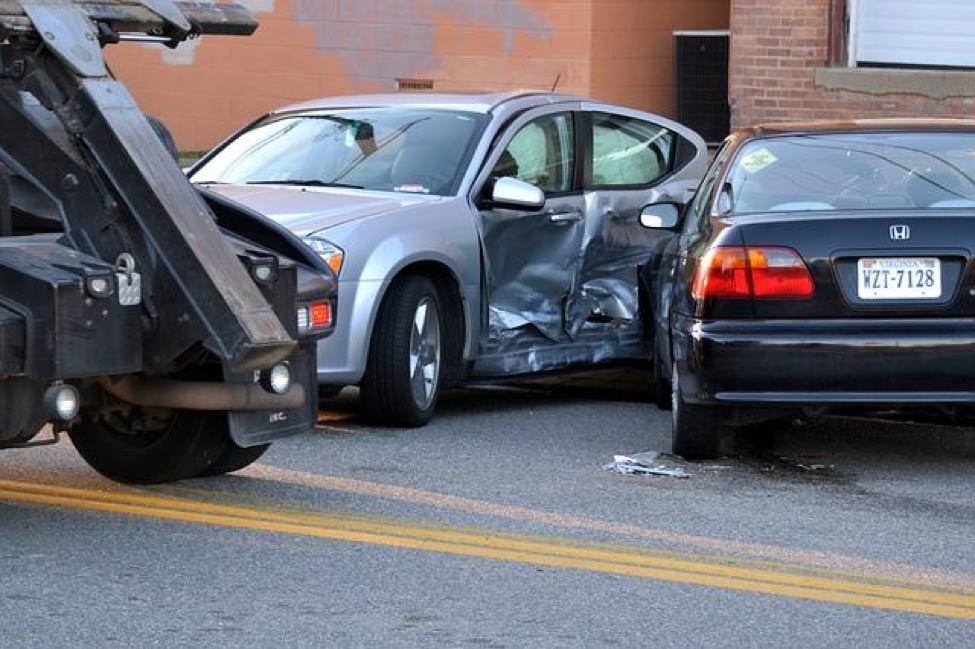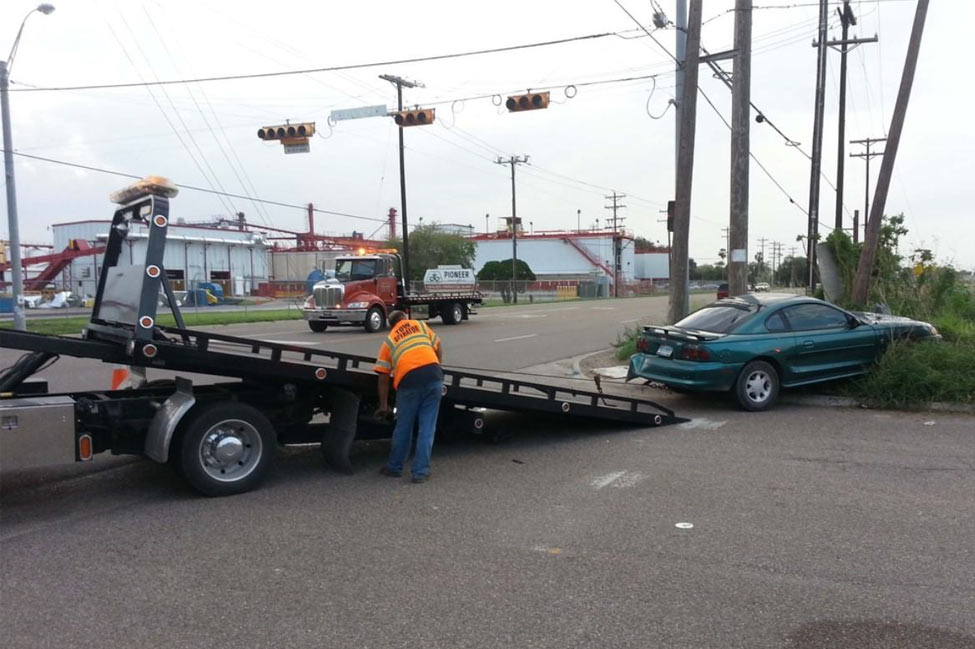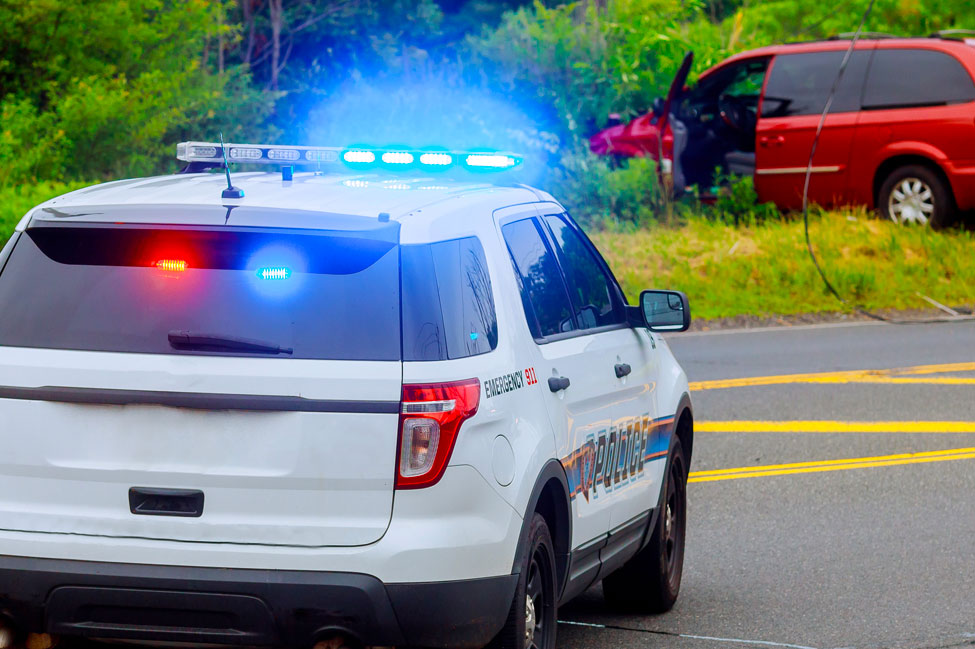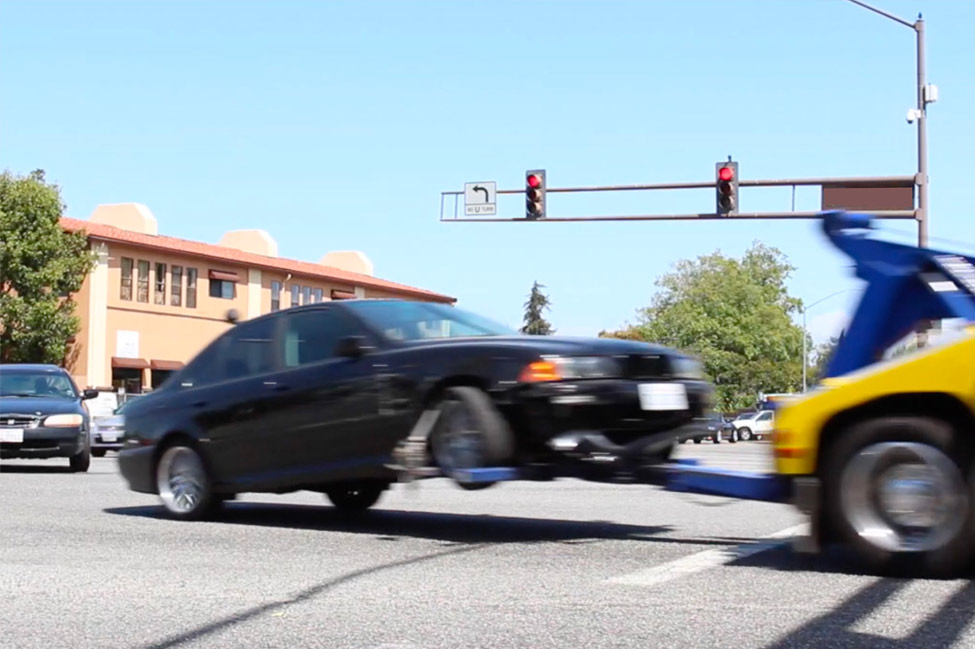What You Should Do After a Car Accident
After a car accident, most motorists are in a state of shock. And, it can be difficult for them to know exactly what to do. This is especially true if they or any of their loved ones have sustained any type of injury, as their mind is understandably on the health and well-being of everyone involved. While motorists don’t comprehend the value that towing companies provide in helping to prevent secondary accidents, we, as towing company owners, understand that tow truck operators save lives when they remove wrecked and abandoned vehicles from the roadway as quickly as possible. As a towing company owner with all of this in mind, it helps to have a simple list to provide your customers when accidents occur.
Below are 8 things you should do after a car accident.
To ensure that everybody comes out of an automobile accident as safely as possible, while incurring the least amount of loss when dealing with insurance and legal matters, here are a few tips.
1. Make sure everyone is okay. Don’t start worrying about who is at fault, rising insurance premiums, or even the damage to your vehicle. People are more important than any of these things. So, make it a point to ensure that everyone involved is out of harm’s way before you do anything else. This includes not only you and your passengers but also the passengers of the other vehicle or vehicles involved.
2. Seek proper medical attention. If you even suspect you or your loved ones may be hurt, your first priority should be getting any potential injuries treated as soon as possible.
3. Remain at the scene. There are a number of reasons not to flee the scene of an accident, both ethical and practical. Fleeing an accident is wrong and also makes you look incredibly guilty and callous. Even if the accident is your fault, fleeing will only make you look worse and all but destroy any chance you might have had to defend yourself.
4. Call the police. While not all accidents require police involvement, if there is substantial damage to people or property, it’s a good idea to have the police come and assess the scene. It may also be necessary to call the police if someone is out of control or if you believe there may be a criminal element to the accident (i.e., the other driver seems intoxicated). However, if you’re involved in a minor fender-bender, it’s generally sufficient to exchange personal information with the other driver and let the insurance companies hash it out.
5. Get vital information. Again, it’s easy to overlook the importance of obtaining information after an accident, but it’s crucial when it comes time to deal with what happened. If you’re unable to get the information yourself for any reason, have someone else record the names, phone numbers, addresses, and insurance information of everyone involved in the accident.
To summarize, after an accident, make sure you get the following information:
- Information of the other driver or drivers involved in the accident, including:
- Insurance information of the vehicle’s owner and the driver (if it is not the same person)
- Phone number or other contact information
- Address
- Driver’s license number
- License plate number
- Names of everyone involved, including passengers
- Name, badge number, and contact information of all police officers who responded to the scene
- Name and contact information of all witnesses
- The precise location of where the accident occurred
- The time of day, weather conditions, and the direction the vehicles were traveling at the time of the accident
- An accurate description of how the accident occurred
- A description of any damage that existed before the accident
- A description of any damage believed to have resulted from the accident
- Statements by other drivers admitting responsibility for the accident
- Statements by other drivers or passengers stating that they were not injured as a result of the accident
6. Make a visual record of the scene of the accident. If you don’t have a camera of some type on hand, have someone else photograph the accident scene. These days, most people have a camera on their phone, so you can often take the pictures yourself if you are so inclined. Regardless of who takes the pictures, make a point to make this visual record of the scene, as insurance companies often request these photographs when attempting to assess your claim.
Make sure you photograph:
- Damage to your vehicle and the other vehicle or vehicles involved
- Injured people
- The road or intersection where the accident occurred
- Skid marks on the roadway (ideally, alongside a measuring stick, shoe, or other objects that can help estimate the size of the marks)
7. Talk to witnesses. The time immediately after your accident is likely to be the only chance you will have to talk to witnesses of the accident about what they saw. If possible, try to get their contact information after talking with them. If they saw something that could possibly determine that the other driver made a mistake and might be at fault, you have a better chance of winning, should the case go to court.
8. Do not discuss the accident with anyone. Even if you know for a fact that you aren’t at fault for an accident, there are many reasons that you are best-suited not discussing it. While you should cooperate with the police on the scene, you are under no obligation to say anything that might be incriminating. Do not accept blame for the accident, but also do not blame others.
In the time immediately after a traumatic event such as a car accident, you may not be thinking clearly, so it’s best to put off any discussions about what happened to avoid inadvertently admitting that the accident is your fault. The only people you should discuss the accident with at all are the police, your insurance agent, and your lawyer.
Now that you know what you should do after a car accident.
The Bottom Line
The moments immediately after a car accident are often the most crucial moments in determining how any legal proceedings pan out. If you deal with an insurance company directly, it is almost a guarantee that you will get short-changed, as they tend to take advantage of a claimant’s lack of legal representation. That’s one reason that they try to settle quickly before you get the chance to talk to an attorney. So, proceed with caution, and consult an attorney with experience representing auto accident victims before you agree to any type of settlement.






It’s good to know that you should take pictures and talk to witnesses when in an accident. My brother was just in a bad car accident and his car got totaled. He should call a tow truck so he can get it fixed from the insurance.
Rhonda, thank you for all of the tips you provided for what to do after an auto accident. I like how you said that it is important to only discuss the details of the accident with your insurance company and your lawyer. I think that it would be very important to get ahold of a personal injury attorney as quickly as possible after the accident you were injured in to ensure that your case is handled efficiently.
I appreciate your tip about getting all the useful information from the scene. My son was recently involved in a hit and run and this tip would’ve been helpful for him. We currently are looking for a good auto accident attorney to help him with his case.
Thank you for explaining that you need to make sure you have a visual record of the accident. I’ve been wondering what kind of steps we should be taking after our daughter’s accident earlier today. I’ll be sure to take lots of pictures and everything so we can have some good records to share with the lawyer.
An automobile accident involving one of my pals occurred this week. He is doing fine, which is fortunate, but the car is badly damaged and won’t start. As a result, he utilizes affordable towing services to tow his automobile to the garage.
It’s good that you brought up talking to witnesses since this can help determine that the other driver is at fault if the case ever goes to court. My cousin collided with another car last night, and it has been found out that the other party was drunk, so he plans to sue for compensation soon. I’ll be sure to share this with my cousin while they’re still looking for a motor vehicle accident attorney to hire.